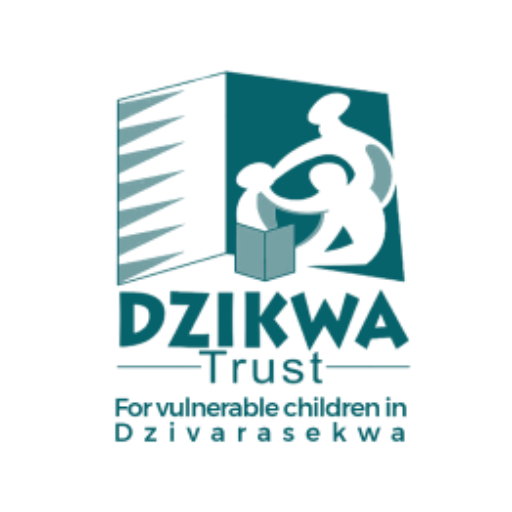Church, police and civil society join forces in fight against drug abuse in Harare
The @Dzivarasekwa Citadel Salvation Army  hosted a child protection and anti-drug abuse positive parenting workshop on Sunday, drawing over 100 congregants for discussions led by community leaders
hosted a child protection and anti-drug abuse positive parenting workshop on Sunday, drawing over 100 congregants for discussions led by community leaders , health experts
, health experts , and law enforcement
, and law enforcement .
.
Organised by Dzikwa Trust and supported by Major Nyamuziwa from the Salvation Army Dzivarasekwa circuit, the workshop focused on positive parenting and the growing threat of drug and substance abuse among adolescents.
The initiative comes amid growing concern over the impact of drugs on young people in the area. Dzivarasekwa, a high-density suburb in Harare, has been described by some residents as a “zone of deterioration”  due to the high number of drug hotspots; over 15 bases have been identified in Ward 39 alone
due to the high number of drug hotspots; over 15 bases have been identified in Ward 39 alone .
.
The Zimbabwe Republic Police (ZRP) participated in the session, represented by Sergeant Dambitwa from Dzivarasekwa Police Station, who addressed concerns raised by residents regarding law enforcement challenges, including allegations of corruption and involvement of politically connected individuals in drug networks.
Sergeant Dambitwa encouraged community members to report drug lords, assuring them of full anonymity and protection.
Psychologist and counsellor Mr Mose Svinurai from Rujeko Clinic shared alarming statistics on the rising rates of HIV/AIDS infections among adolescents, attributing the surge partly to the effects of drug and substance abuse.
He warned that intoxicated youth are more likely to engage in unprotected sex, increasing their risk of infection.
“The drug crisis is taking lives,” said Mr. Sagota, Project Manager for Dzikwa Trust. We may blame the police for politically connected cartels but our children are the victims and continue to die. Let us unite as churches to save the young generation.”


Dzivarasekwa’s Ward 39 has been identified as a hotspot for drug activity, with more than 15 known drug bases reportedly operating in the area. Residents say drugs are being sold indiscriminately to both adults and minors.
The event marked a rare collaboration between religious institutions, civil society, and state actors in a community often described as a “zone of deterioration” due to widespread drug abuse.

